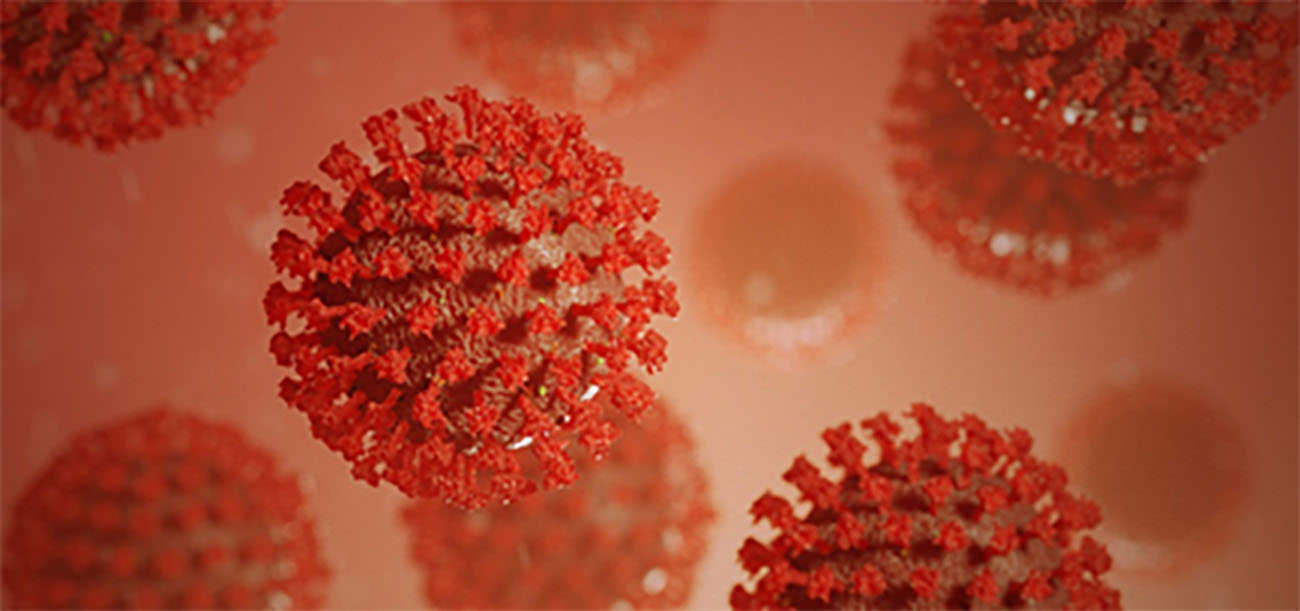
- Stage of development
-
Preclinical: in vivo proof of concept in mouse model of infection
- Intellectual property
-
Various patent applications filed
- Intended collaboration
-
Licensing and/or co-development
- Contact
-
Ana SanzVice-presidency for Innovation and Transferana.sanz@csic.escomercializacion@csic.es
- Reference
-
CSIC/AH/041/RB/010
Additional information
#Health
#Biotechnology
#Genetic engineering
#Molecular and cell biology
#Therapy
#Vaccine
#Infectious disease
New vaccines based on RNA replicons against viruses such as MERS-CoV and SARS-CoV-2
Two different vaccines prototypes have been developed based on RNA replicons from SARS-CoV-2 and MERS-CoV, encapsulated in Virus-Like Particles (VLPs), which can be used as a vaccines to generate immunity and protect against infections by these coronavirus.
- Market need
-
Despite the existence of several approved vaccines that protect against severe SARS-CoV-2 infection in developed countries, there is still a need for improved vaccines providing a broad spectrum of protection against different virus strains, with an intranasal administration, effective in a single dose and sterilizing.
- Proposed solution
-
New SARS-CoV-2 and MERS-CoV vaccines based on RNA replicons, which are competent in replication, but defective in propagation.
Mice immunized with a single intranasal dose have 100% survival after infection with the virus, compared to non-immunized ones, and moreover the immunization is sterilizing.
In histopathological studies, lungs of mice immunized with one replicon and subsequently infected with the corresponding virus appeared similar to those of uninfected mice.
- Competitive advantages
-
- The replicons are able to self-replicate in the cell, expressing high levels of viral antigens, but without the possibility of spreading from one cell to others.
- The vaccines have shown safety and efficacy in animal models of infection.
- Biosafe and easy to administer intranasally. They have a single infection cycle, due to the deleted genes.